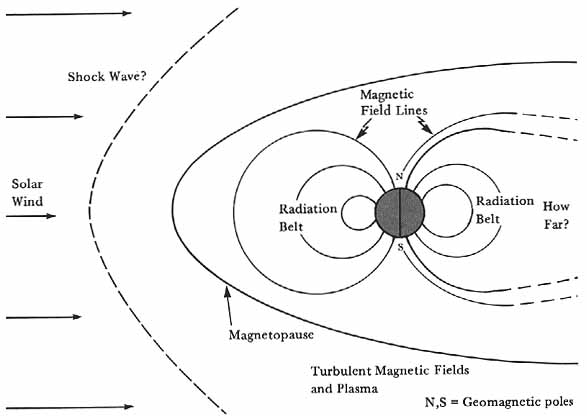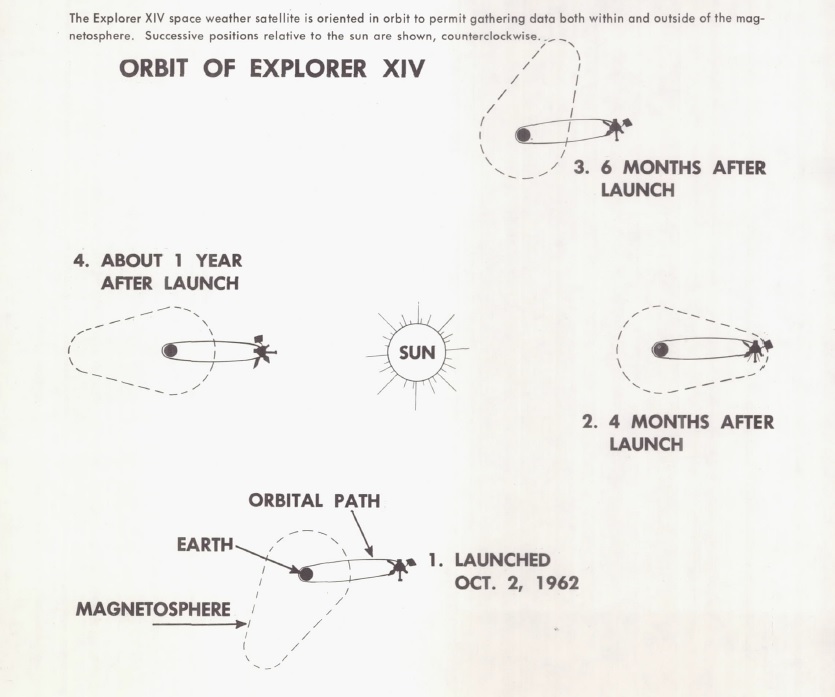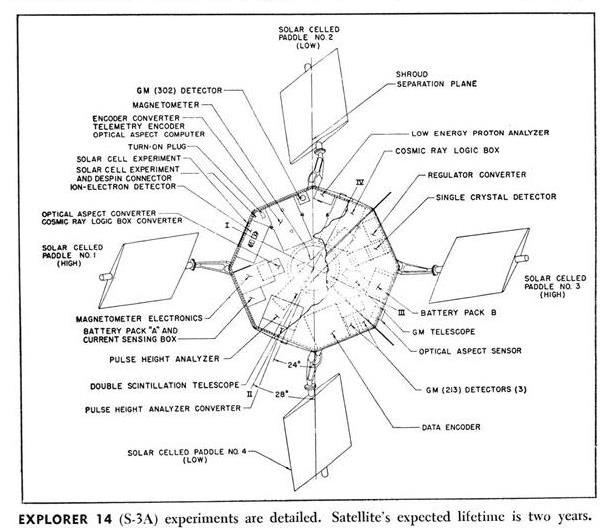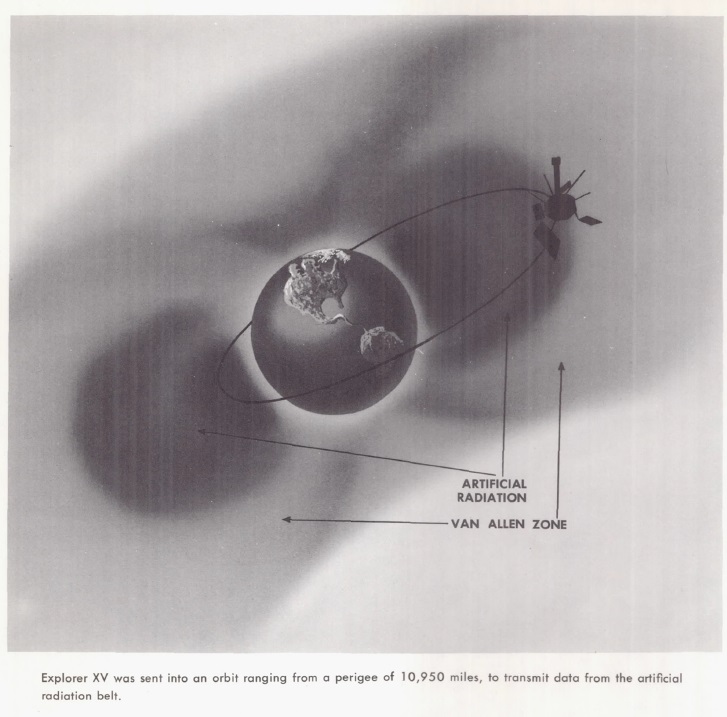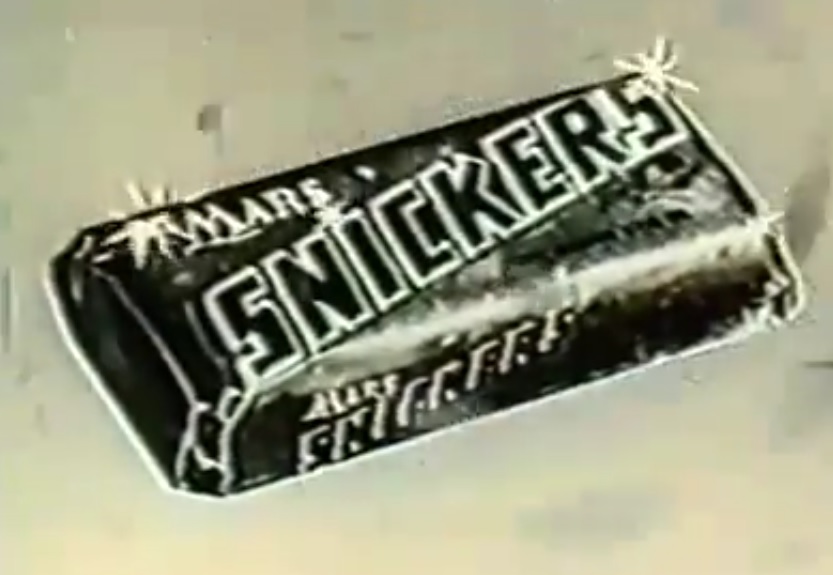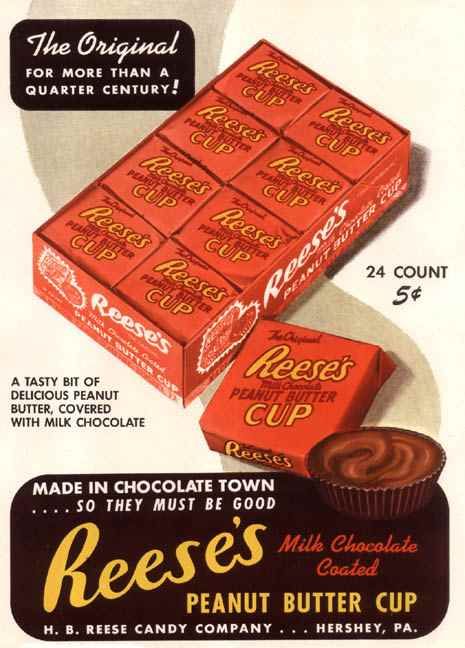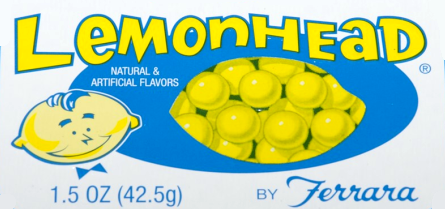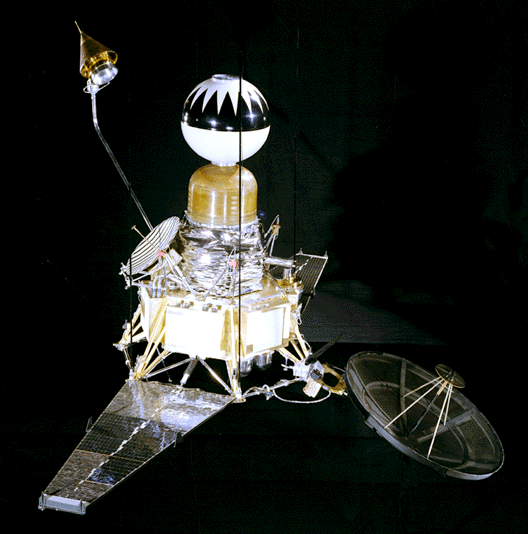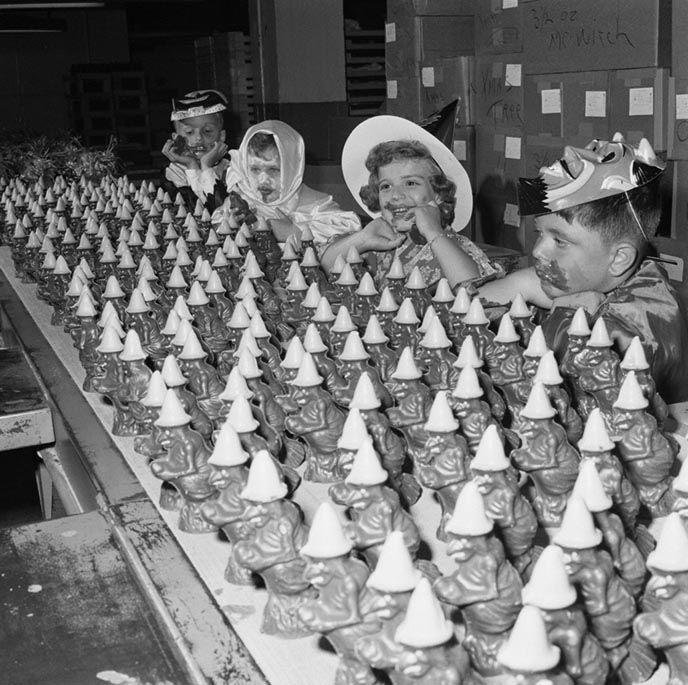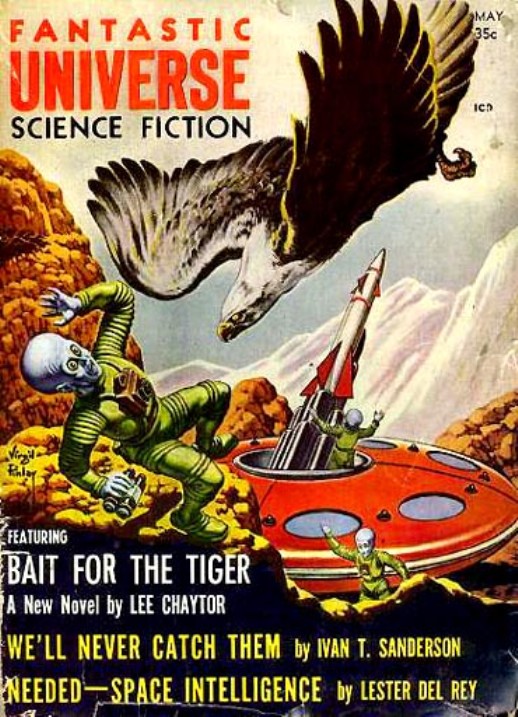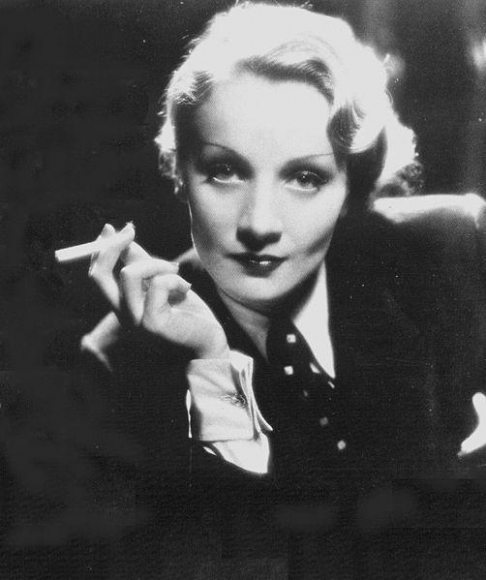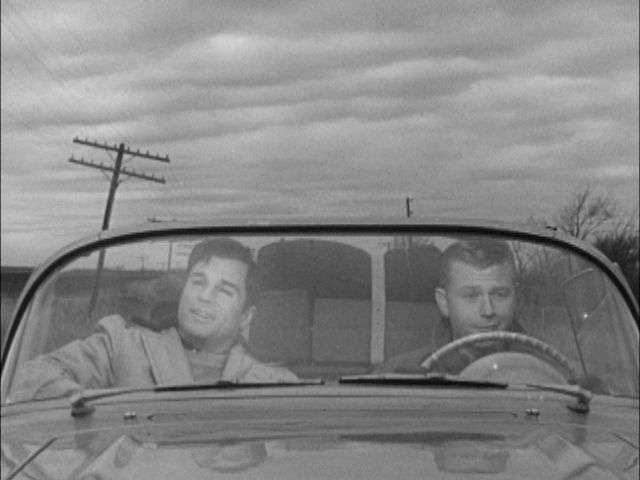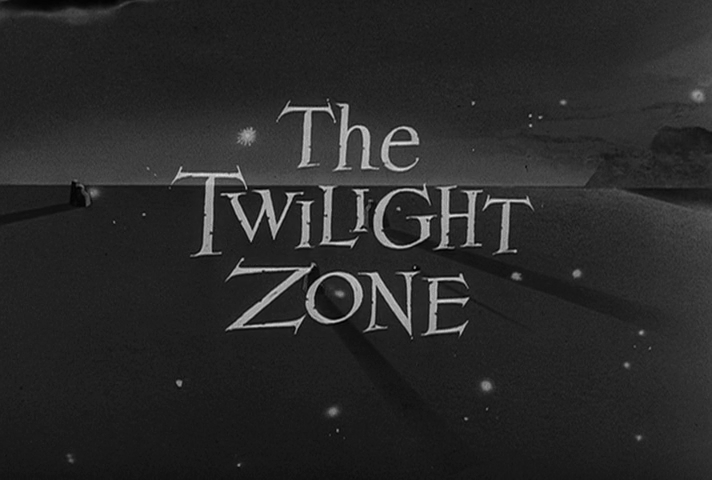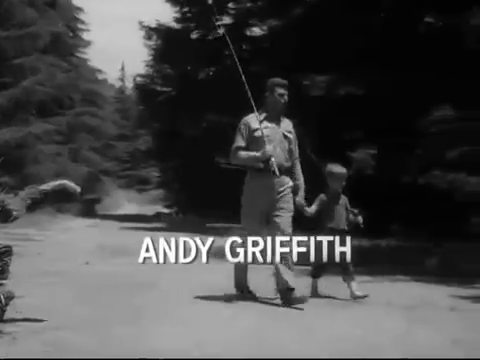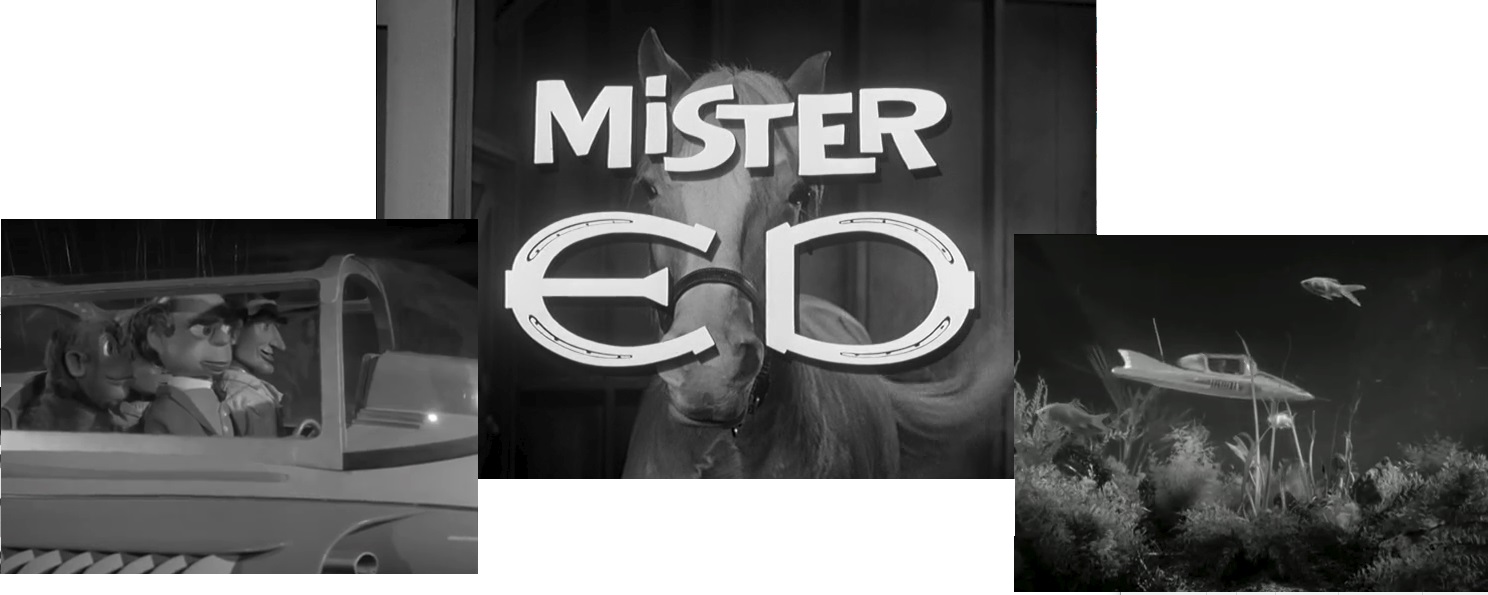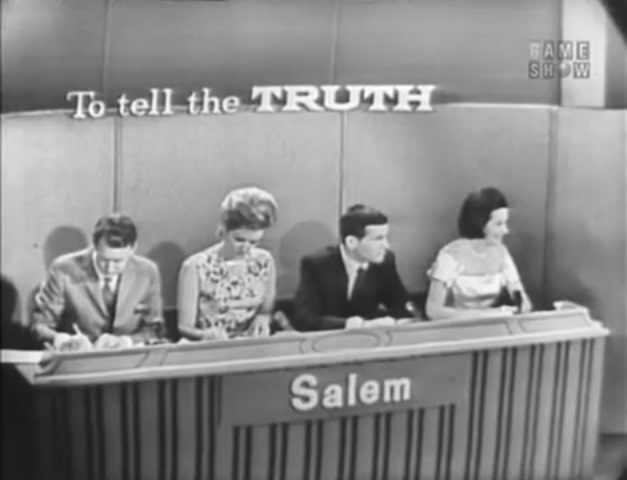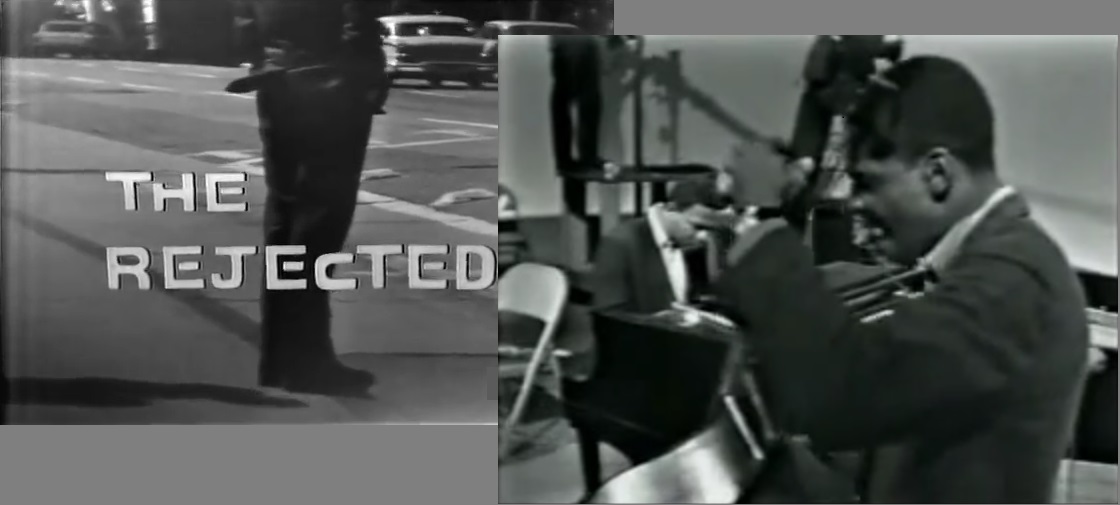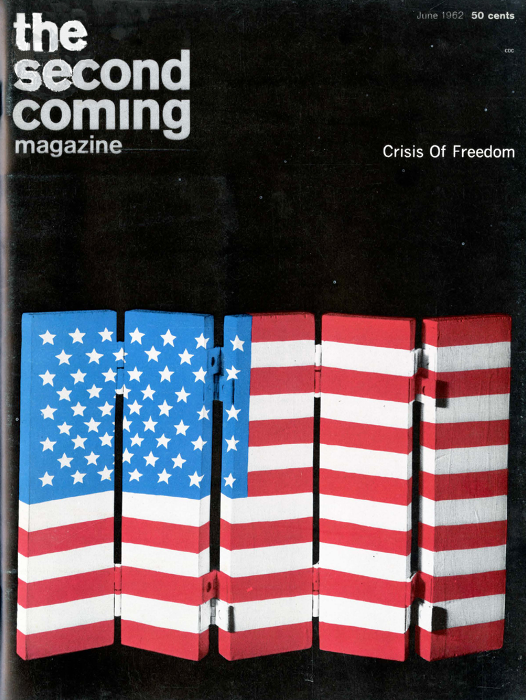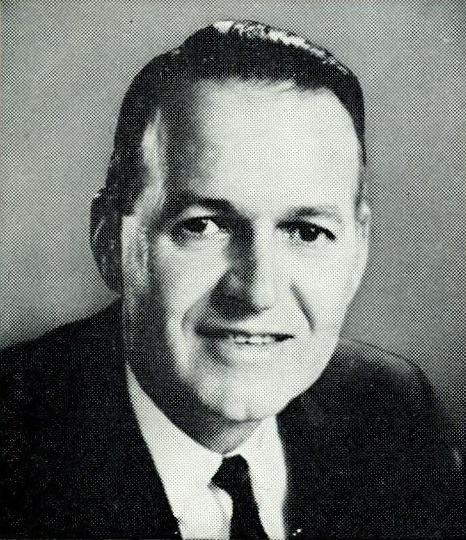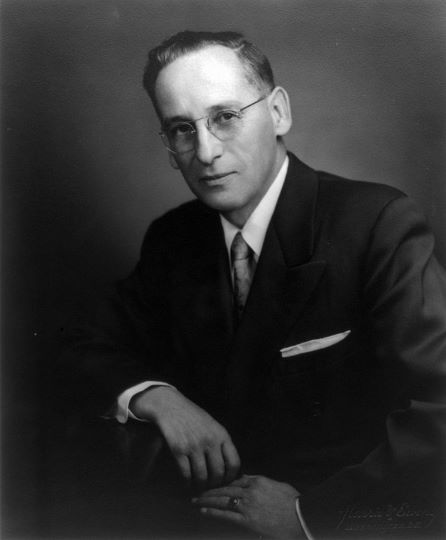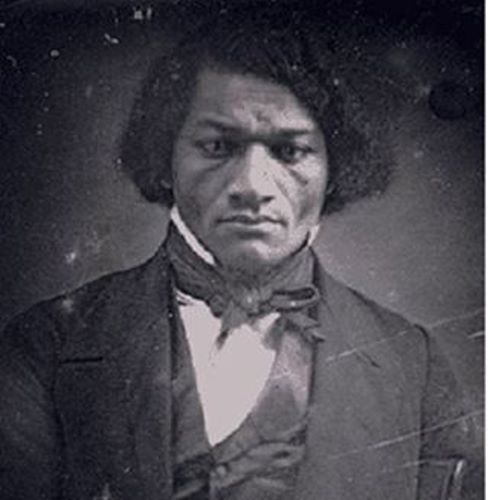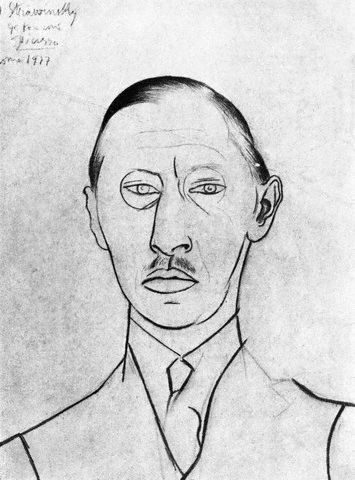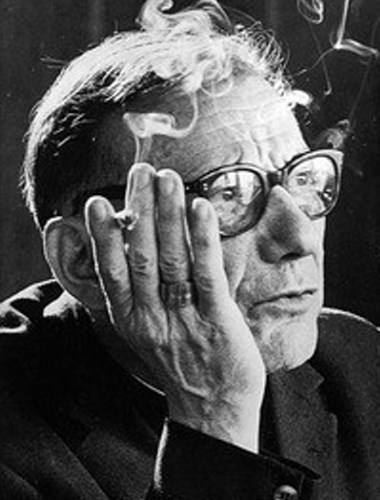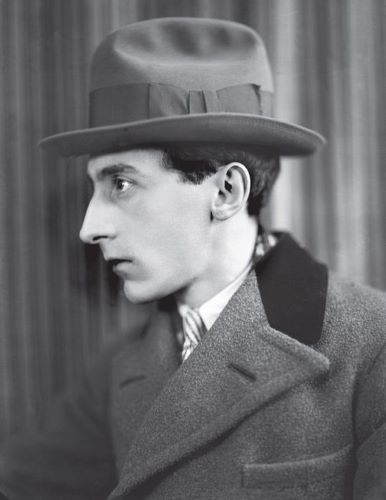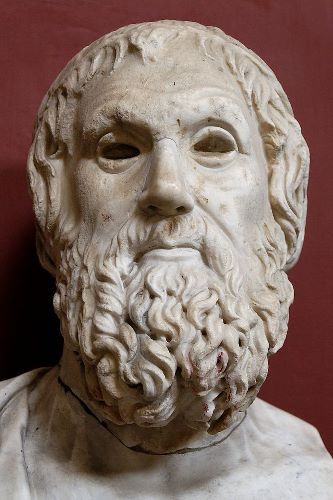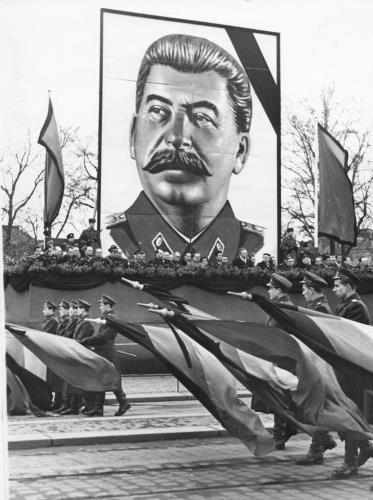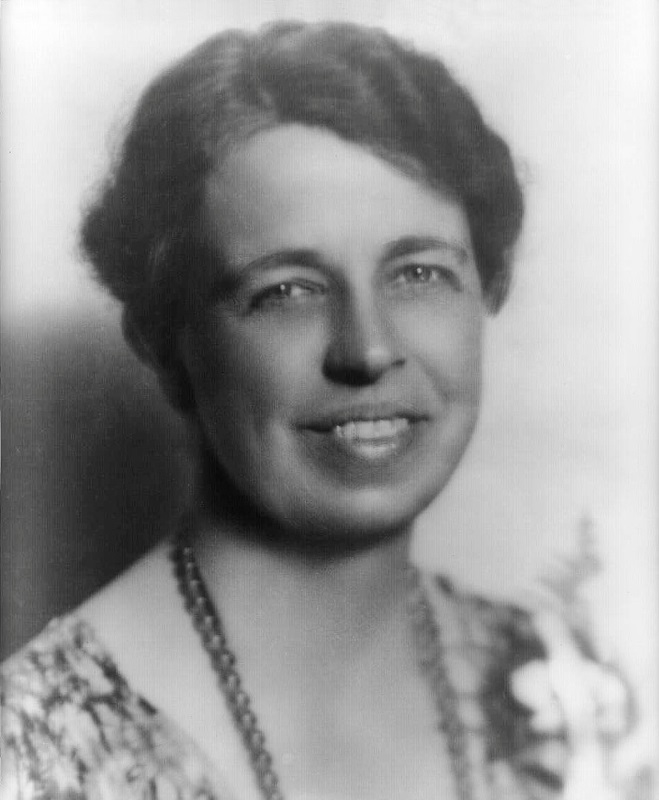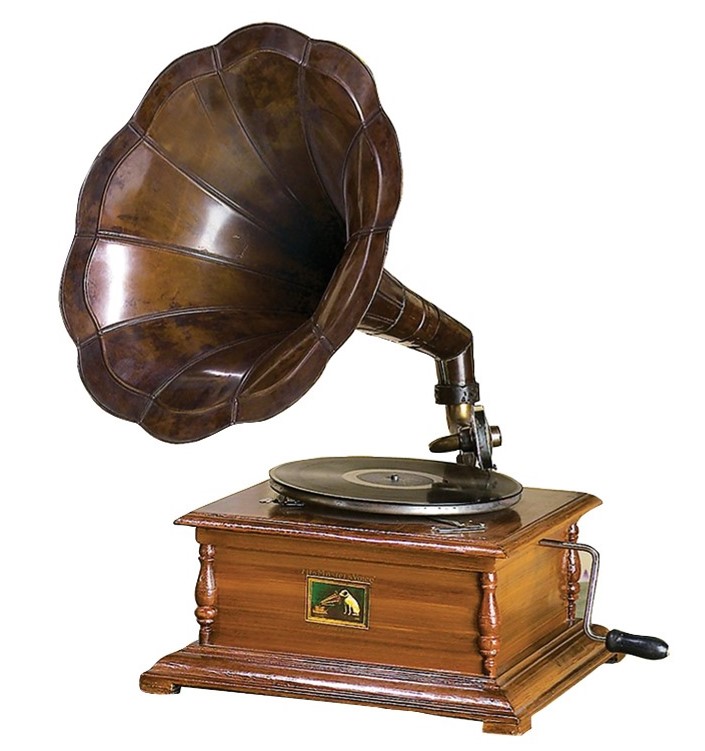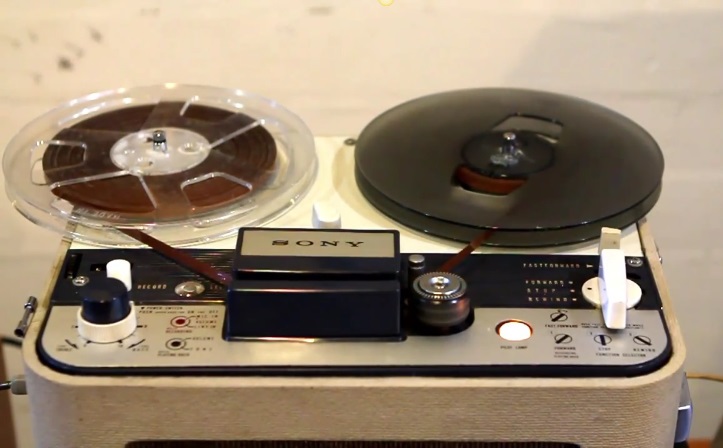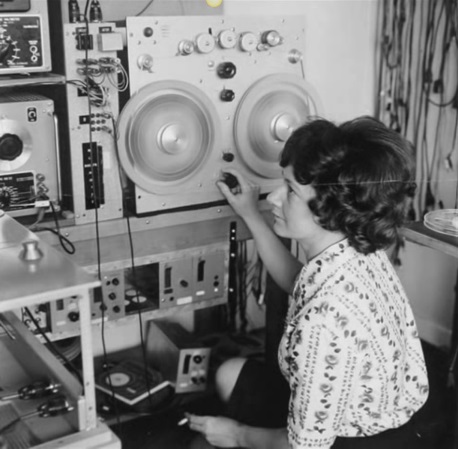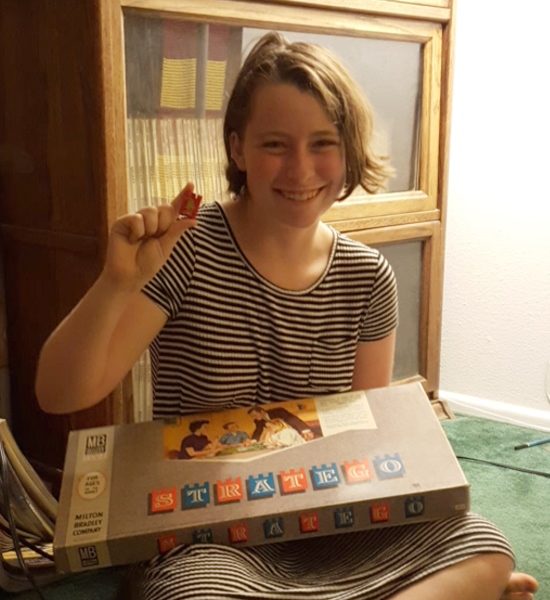[if you’re new to the Journey, read this to see what we’re all about!]

by Victoria Lucas
When I got back from Stanford in June, I was ready for a little TV. I didn’t take one to school and didn’t have time to watch it anyway. I worked most of the time I wasn’t in class or doing homework so I could stay in school. I got a student loan, and paying off that and paying the mortgage on my mother’s house where I lived is difficult, so I type papers and theses here.
I’m often also at work evenings—my salary includes coming to work on weekends so I can run the box office for the Drama Department where I’m the secretary—and if I’m not doing that I often work on community productions, like the ones for Playbox or the dinner theatre, or act as a “clacker” for the Drama Department productions or others (clapping and laughing loudly). And I go to concerts.
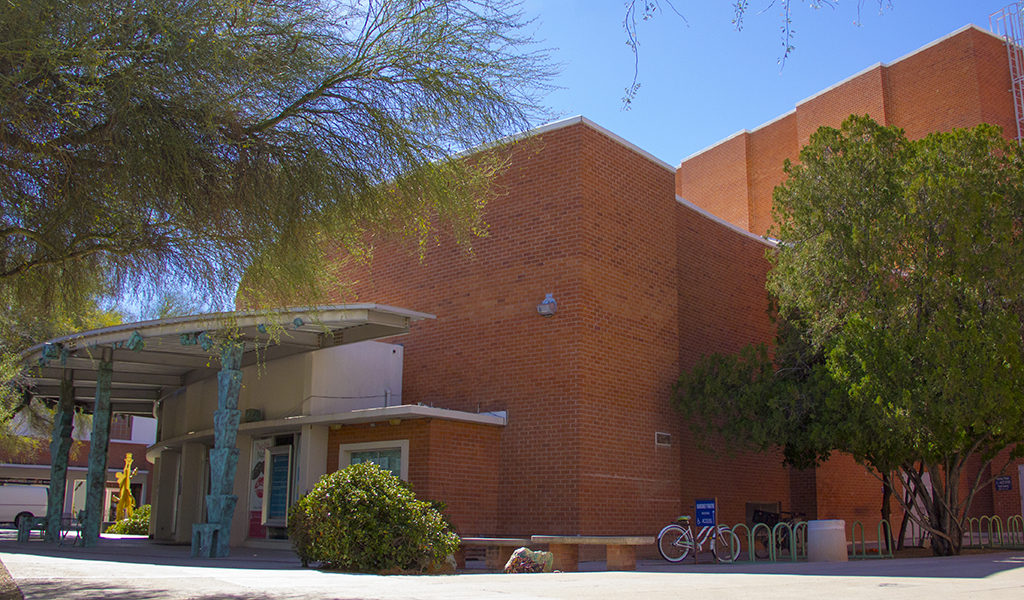
About the only time I have to watch TV is late at night — after I can’t type any more, the rehearsals are over, the concerts done with, the occasional parties over, the box office closed and plays over. I used to watch Jack Paar on “The Tonight Show,” but I understand he walked out, and his last show was March 29. I don’t know, I guess I tried some of the guest-hosts (Merv Griffin, Arlene Francis, et al.) they had on in his place, but none I watched caught my fancy. (Griffin went into daytime TV, interviewing people.)
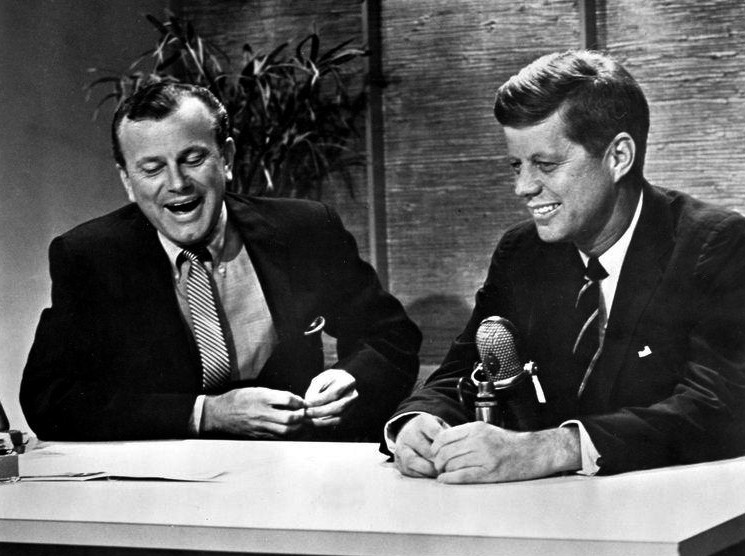
I understand Johnny Carson finally replaced Paar October 1. But he didn’t catch my fancy either. I think only of seeing him in “Who Do You Trust?” his daytime show I would see when sick at home with the TV for company, and I don’t like the way he mocks housewives.
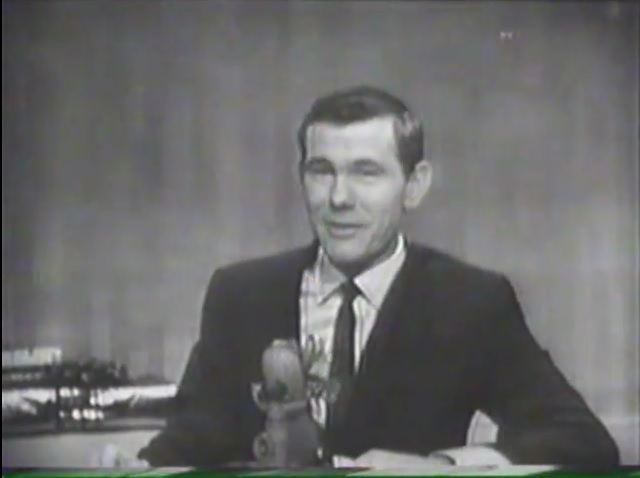
So I twiddled the dial and into my room at the back of the house walked Steve Allen, laughing. He used to be the host for “The Tonight Show.” In fact, he started the thing. But now he has the theatre where the show is taped named after him and can do pretty much anything he wants. Carson wears tailored suits that look expensive and his humor—what there is of it—is deadpan. That’s OK, but by the time I turn on the TV at night I want laughter, lots of it. I want Steve Allen yelling “SMOCK SMOCK” back at the audience when they make bird noises at him. I don’t mind if he dives into a pool full of Jello or his other opening stunts. (It gives me time to get settled until the screaming dies down.) I want Steve Allen leaving the studio to accost some unsuspecting passers by on the streets outside or at the very least making fun of the people at Hollywood and Vine.
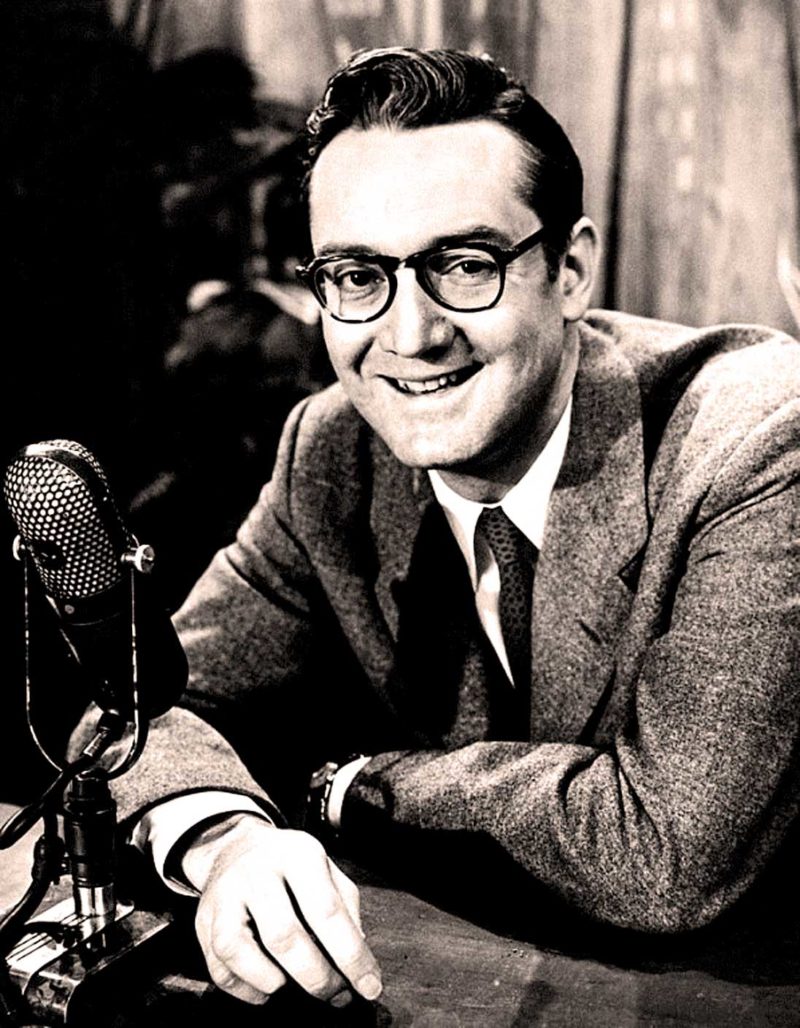
OK, there’s an occasional guest, but between guests and his piano music, he laughs and does crazy stuff and breaks himself up laughing when he sees himself on a monitor. And I love it when he has his wife Jayne Meadows on. One word that has been applied to him explains why I like to watch Allen: unpredictable. I like music that surprises me, theatre/movies with endings I can’t foretell, jokes with punchlines I can’t anticipate. Wrap all that up with intelligence, eloquence, musicianship, and a sense of humor that won’t quit, and you’ve got Steve Allen. If you aren’t watching him already, I suggest you start.
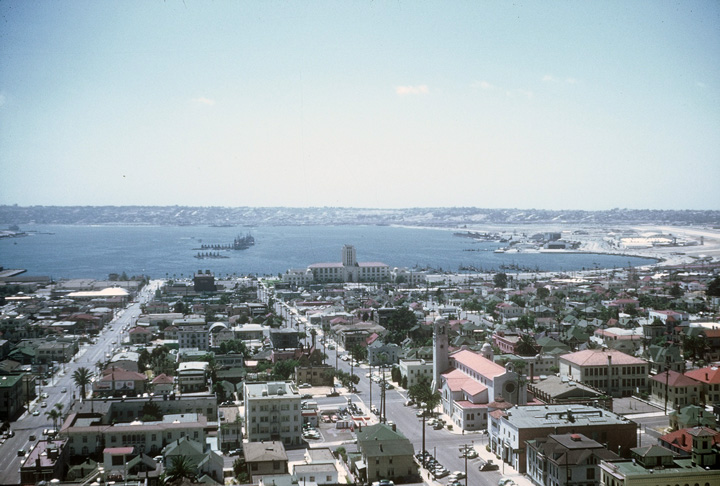
Incidentally, Lionel Van Deerlin won his seat in the California election for the 37th District Tuesday. I didn’t stay up eating a pomegranate while waiting for election results the way I used to when I was younger, but kept an ear out for the results. Remember, he’s the guy who was newscaster and news director for local television after an unsuccessful run for Congress 4 years ago. It’ll be interesting to see what a Democrat from the usually Republican San Diego will do for a change.
[Sadly, but expectedly, the unincorporated community of Vista will be represented henceforth by James B. Utt, who is somewhere to the right of Atilla the Hun. At least Governor Brown trounced Tricky Dick! (Ed.)]



